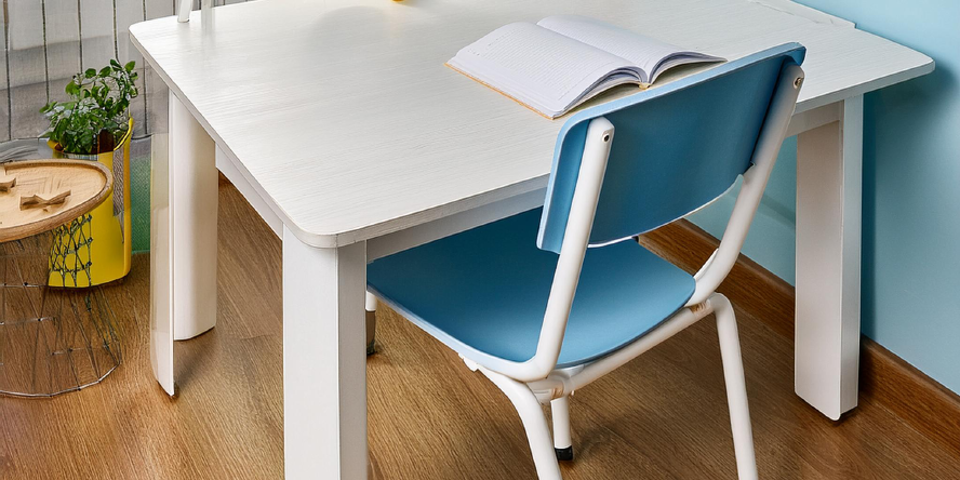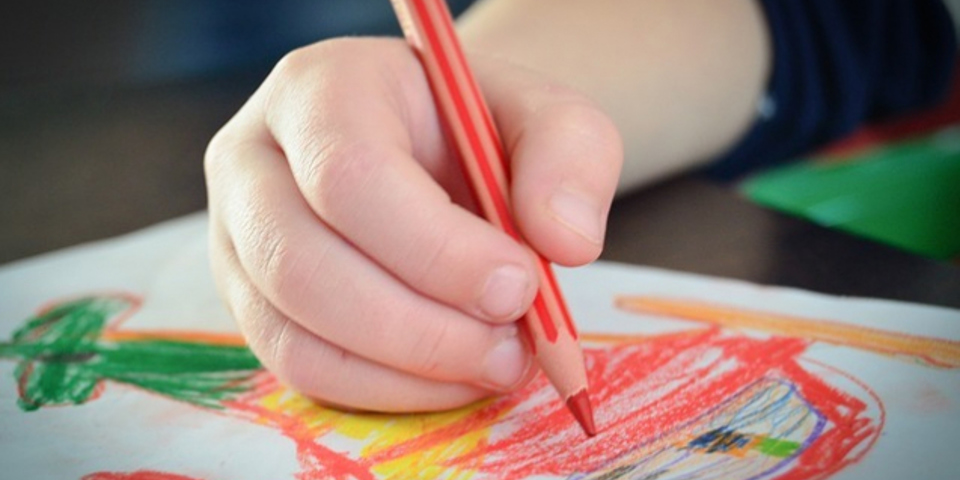When children may need to learn at home
From the moment they are born, children begin learning through everyday activities and experiences. Sometimes though, children may need to have planned learning at home.
Some reasons include:
- completing homework or carrying out revision
- school or nursery closures
- recovery from illness
- preparing for, or recovering from surgery
- recovering from injury
- other factors that may impact attendance
- families home schooling their children
When your child is absent from school, learning at home can help and it can also make going back to school easier. This page supports learning at home and aims to increase fun and reduce the stress.
Top tips for learning at home
Routine is your best friend
It is helpful to have a plan for your day. Have a routine that includes frequent breaks. Children will work best when there is a regular structure to the day and planned time away from learning.
Break it down
Break learning into smaller tasks and manageable chunks of time. We all have a limit on the amount of time we can concentrate for. Older children will normally be able to focus for longer periods of time than younger children. Follow your child's lead and look for cues that your child may be needing a break e.g. when they begin to lose concentration.
Variety is the spice of life
Include a variety of activities and think about how learning can take place through fun activities in different locations (e.g. baking or gardening).
Goal!
Have realistic goals and expectations about what is to be achieved. Children will respond more positively to knowing what specific tasks or goals they are expected to achieve in a given time. Praise any achievements and successful learning. Think more about the effort and persistence that has gone into a piece of work rather than the end product. Talk with your child about their learning.
Be organised and flexible
Keep track of important dates and deadlines and keep a record of work your child has completed. Children's needs change as they grow, so stay flexible and responsive to their needs.
Be a role model
Show enthusiasm for learning and demonstrate good habits like organisation, focus and curiosity. Have fun!
Creating a space for learning
Learning at home can be challenging. So how can you help make learning at home better for you and your child? First, just remember that you are not expected to create a whole school day of activities or a strict timetable.
Learning at home is easier when you complete a range of learning at home, play and leisure activities. It can be done indoors or outdoors. Reading, doing, creating, playing and problem-solving can all help.
Create a consistent learning space whenever possible. This helps children associate the area with learning. If a consistent space isn't feasible, adapt an area for each learning session. Consider the child's age and stage when setting up the space. Simple solutions are often best.
More advice on creating a space for learning at home.
Is your learning space ready?
Click the link for more advice about creating a space for learning at home.


Brain ready?
Have I had food and drink? Have I had a chance to play? Physical activity before school work can help me concentrate.
Yes? Let's go!
No? Let's get moving?

Body ready?
I have had a chance to play, I now need a good seated position. If you do not have a table you can use a cushion tray or just a cushion to get into a good position.

Ready to play?
Mix my time on screens for any activity (play or learning) with active play time. I need different types of play to help me develop like running, ball play, parks, crafts or building.

Motivation ready?
When I am playing a countdown/timer helps me to finish my activity to move on to a school activity. I learn best with small, frequent online sessions. This will vary with age but try 10-20 minutes then let me have a movement break.

Ears ready?
Help me learn with simple, easy to follow instructions. Use visuals if you can. Give me thinking time, check that I understand what I need to do and rephrase if needed.

Eyes ready?
Check I can read ok on my screen. Children can have a free eye test every year.
Contact your local optician if you have any concerns.
Find information about eye testing


